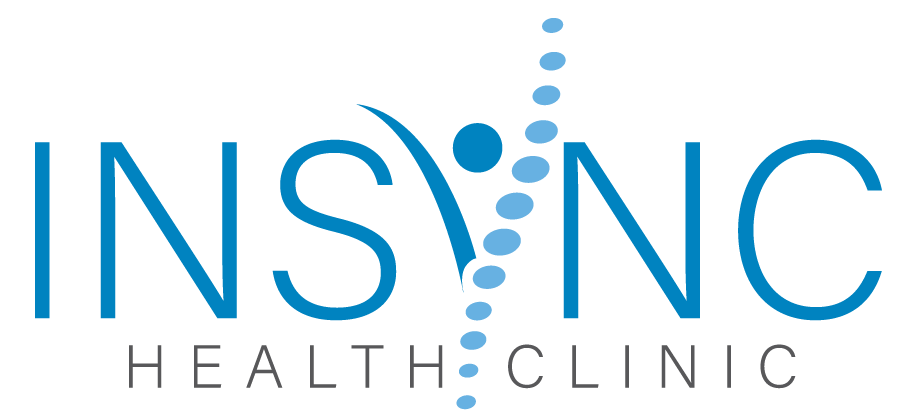Women’s Health Physiotherapy
Women’s health physiotherapists specialising in treating all things Women. We take the time to perform a full body assessment to ensure we figure out all factors potentially contributing to the problem. Quiet often there is more that you can do than just “pelvic floor exercises”. Whether it be issues with your bladder/bowel, painful intercourse, prolapse or just general pain – we can help you!
Our Approach
We combine our women’s health and musculoskeletal skills together to provide a detailed assessment of the whole body and look at the entire story
People are often surprised that their shoulder problem could be related to their ribs, or the reason why they leak when sneezing could be caused from tightness in the hip. We see this all the time, and it shows how amazing the human body is.
What to Expect
- Listen – we like to listen to you and understand your history. We like to know what you want to achieve coming to us, and we ask questions about you and your body.
- Assess – we use many assessment tools to look at the body as a whole, not just focusing on the area of concern. If we believe the problem is pelvic floor related, we may perform an internal exam (with consent).
- Educate – we aim to ensure you know what is going on with your body. We take the time to inform you of any factors that may be contributing to the area of concern, and like to make sure you know how everything works together.
- Treatment – we treat based on what we find in our assessment. This may involve soft tissue massage, trigger point release, mobilisations or dry needling. We will always include exercise as part of treatment, and encourage clients to take part in our group exercise classes.
Women’s Health Specialties
Stress urinary incontinence:
The leaking of urine when performing an activity due to an increase in abdominal pressure e.g coughing, sneezing, lifting weights or running. Can occur in women who have had children and those who have not.
Prolapse assessment
Pelvic organ prolapse (POP) occurs when one or more of the organs within the pelvis move in a downwards direction. Common organs where this movement occurs include the bladder, bowel and uterus. This is a common condition within the female population.
Bladder dysfunction
Many things can occur to the bladder. Common types of bladder dysfunction include bladder pain; increased urinary urgency (strong need to void); increased urinary frequency during the day and/or at night; uncontrolled leaking of urine with movement e.g cough/sneeze/jump; uncontrolled leaking of urine related to the urge or need to empty the bladder.
Chronic pelvic pain
This can vary depending on the person, it can be described as pain anywhere from the stomach to the pelvic region that has been present for a minimum of 6 months. Chronic pelvic pain is usually diagnosed in the absence of other disease or illness that may be the cause of pain.
Pregnancy
Treating the pregnant women is something we are very passionate about. During pregnancy the body undergoes many changes for a good reason, generally, all in response to hormonal change. There is increase stretch of the abdominal wall muscles, the pelvis becomes more mobile, the pelvic floor muscles lengthen gradually, the bladder becomes more compressed, your ribcage changes, the uterus grows and the blood volume of the mother is doubled. These changes all occur to accommodate for growth and are what aid in safety for the mum, uterine growth and safe birth of the baby.
We acknowledge that no pregnancy is the same, in fact pregnancy is different for everyone. We aim to provide knowledge to guide you through your pregnancy journey so that you can understand how to support your changing body. A lot can be done to prevent some issues from arising during pregnancy and that is why we believe every pregnant woman would benefit from an assessment by a Women’s health physiotherapist.
Post-partum
Recovering from birth takes time and there are lots to understand about the post-partum body. Whether you are experiencing some symptoms of discomfort or are looking at return to exercise safely, we are here to help you recover and get back to doing what you enjoy, injury free.
Bowel dysfunction
Bowel problems can be stressful and have an effect on individual wellbeing and lifestyle. Common Bowel dysfunctions include constipation; faecal and flatulence incontinence; obstructed defecation (barrier to emptying); posterior wall prolapses; anal pain/anismus; excessive perineal descent (associated with constipation). There are many safe treatment options to explore with bowel dysfunctions.
Painful intercourse
This refers to pain during or after sexual intercourse. The pain can be present at the entrance of the vagina or felt deeper inside the vagina. For some, intercourse is always painful and for others it could be their first onset. As a women’s health physiotherapist, we like to understand how and why the pain has started and help to resolve the problem. We work in collaboration with other health specialists to find the correct diagnosis for each individual.
Potential causes include vaginal or caesarean delivery; abdominal surgery interstitial cystitis; abuse or trauma; pelvic organ prolapses; bowel dysfunction; vulva skin disorders; endometriosis +/- heavy painful periods
Mastitis and blocked ducts
Mastitis occurs within the breast tissue and is an inflammatory reaction that may or may not be associated with an infection. Primary cause of mastitis is when milk is not drained from the breast, causing a standstill in the milk duct. It can be caused by poor milk removal either due to issues with baby latching, poor positioning, milk over supply, missing feeds, damaged or cracked nipples or excessive compression of breast tissue (wired bras). More often we are finding that treatment of mastitis with antibiotics can be avoided, and therapeutic ultrasound is helpful (when symptoms present as non-inflammatory).

